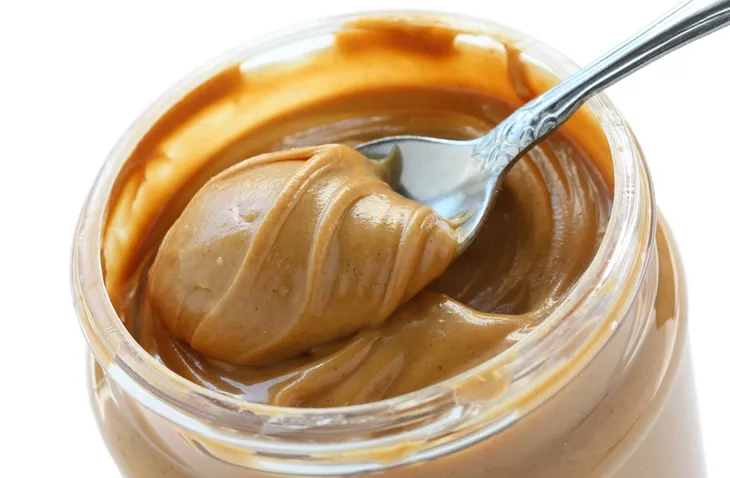Are you experiencing hiccups right now? We understand your frustration. Almost everyone has had hiccups at least one time in their life. And while they are very annoying, they do usually go away on their own within a few minutes.
If you’re experiencing stubborn hiccups that just won’t go away there are a variety of effective remedies you can try. Keep in mind, there aren’t many studies that prove the effectiveness of hiccup remedies, but these remedies have been practiced for many years. And many people swear by them. Follow along and give these effective home remedies for hiccups a try!
Causes of Hiccups
Before we dive into effective remedies, it’s important to have a basic understanding of what causes hiccups in the first place. Hiccups happen when your diaphragm (the muscle that helps you breathe) spasms involuntarily. The spasms cause your vocal cords to snap shut which causes the distinctive sound of hiccups.
Certain lifestyle factors can cause hiccups to occur. This includes eating too quickly or too much, eating spicy foods, or drinking carbonated drinks or alcohol. They can also be caused by too much stress or being overly excited, or being exposed to fast changes in temperature. If one or more of these factors is causing your hiccups, it would be best to avoid them. Now, let’s explore some remedies to help you get some relief!
Pull Your Tongue
The first remedy you can try is pulling on your tongue. Doing this will help stimulate the muscles and nerves in your throat and hopefully help get rid of your hiccups!
To do this remedy begin by grabbing the tip of your tongue. Then, pull it forward gently a few times.
Apply Pressure To Your Diaphragm
You can also try applying pressure to your diaphragm. The reason why applying pressure to your pressure points may be effective is because they may be able to help relax your diaphragm or stimulate the phrenic nerves or vagus.
To perform this remedy, use your hand and apply pressure to your diaphragm. This is the area just below the end of your sternum.
Massage Your Carotid Artery
Another effective remedy for hiccups is massaging your carotid artery. You have a carotid artery on each side of your neck. If you’re not sure how to locate it, it’s the same spot you touch when checking your pulse on your neck.
Start by lying down and turning your head to the right. Massage the artery on your left for about five to ten seconds using circular motions. Then turn your head to the left and repeat on the right artery. Make sure to avoid massaging or placing pressure on them both at the same time.
Hug Your Knees
Another way to get rid of your hiccups is to hug your knees. In some cases, something simple like changing your posture can help relax your diaphragm and get rid of your hiccups.
Find a comfortable place to sit. Then, bring your knees to your chest and hold them in this position for two minutes.
You can also try compressing your chest by bending forward. This movement will also put pressure on your diaphragm.
Practice Breathing
There are a few breathing practices you can try to help get rid of your hiccups! First, you can practice slow, measured breathing. This will disrupt your respiratory system. To do this, breathe in slowly for five seconds and then breathe out for five seconds and repeat.
You can also try the Valsalva maneuver which involves exhaling while pinching your nose closed and keeping your mouth shut. Finally, the last breathing exercise you can try is breathing in and out of a paper bag.
Hold Your Breath
Another effective remedy for hiccups is holding your breath. The reason this can work is that holding your breath increases the amount of carbon dioxide in your blood and in a result, may stop the contractions.
For this remedy, start by taking a deep breath and then hold it for 10 to 20 seconds. Then breathe out slowly and repeat a few times or until the hiccups are gone.
Water
Water can also be an effective remedy and can be used in a few different ways. First, you can try drinking ice water. This may work because it can help stimulate the vagus nerves.
In contrast, warm water may work too. You can try drinking a full glass of warm water without stopping for a breath. Other people have found gargling ice water to be effective. You can try gargling the water for 30 seconds at a time and repeat if necessary. Finally, you can also try sucking on an ice cube for a few minutes.
Effective Food Remedies for Hiccups
There are several foods that may be able to help your hiccups. First, you can try eating a spoonful of peanut butter. Allow it to dissolve in your mouth and then swallow it. This sticky substance may be able to help interrupt your breathing pattern which may help get rid of your hiccups.
You can also try eating a spoonful of honey as it can have similar effects as peanut butter. Or you can mix a spoonful of honey with warm water and then allow the mixture to trickle down your throat.
You may also have luck with eating sugar. Place a punch of granulate sugar on your tongue, allow it to sit for five to 10 seconds, and then swallow.
Finally, vinegar, lemon, or hot sauce may be effective remedies as they can give your body a minor shock which helps distract you from your hiccups. You can try sucking on a lemon wedge, or you can place a drop of vinegar or hot sauce on your tongue.
Distract Yourself
Finally, sometimes all you need to get rid of your hiccups is a little distraction. Hiccups can often go away on their own once you’re able to stop focusing on them.
To distract yourself you can try playing a video game, do mental math or fill out a crossword puzzle. Simply find an activity that can distract you!
When To Seek Medical Treatment for Hiccups
Hiccups may be a nuisance, but the good news is that they usually go away within a few minutes or hours. However, if you’re experience hiccups very often, or if they last longer than two days, then it’s time to speak with your doctor.
In some cases, hiccups could be a sign of an underlying condition. This includes a stroke, multiple sclerosis, or gastroesophageal reflux (GERD).














